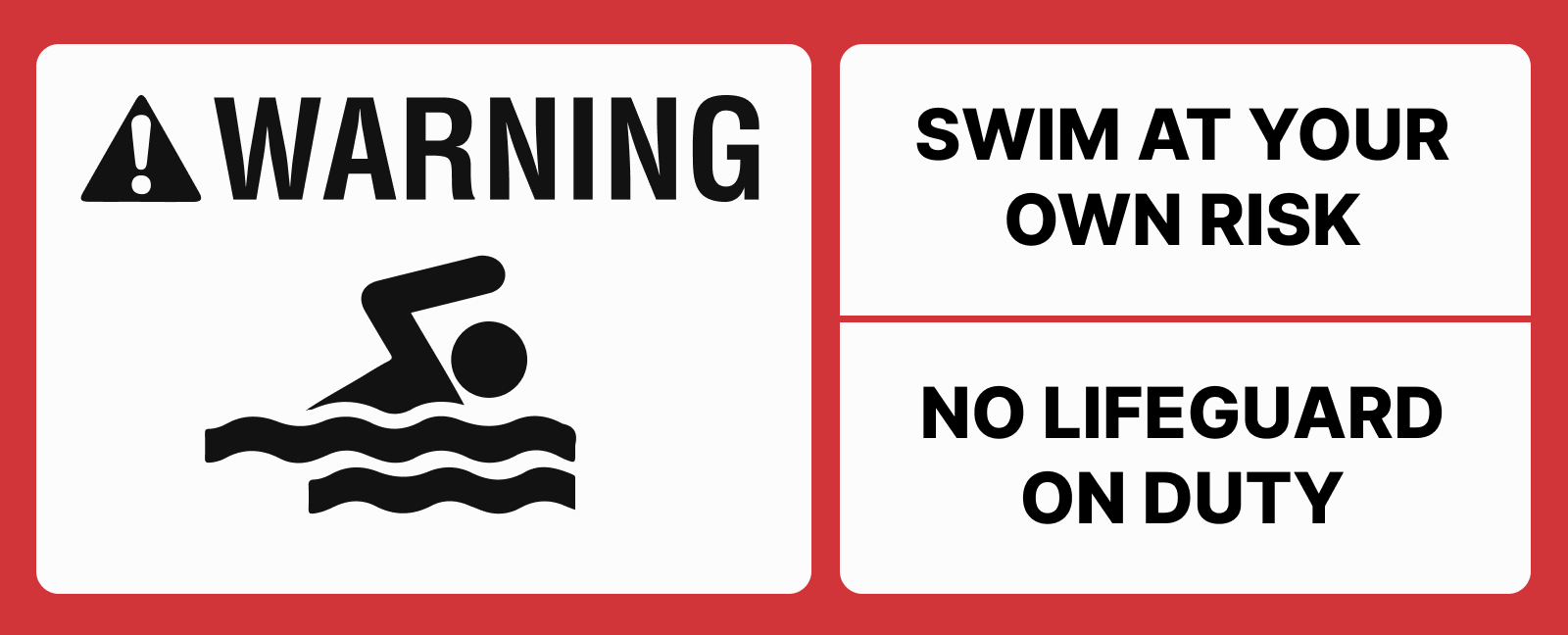HPK
Tauranga's Shark Alert: Swim At Your Own Risk After Recent Sightings

Tauranga's Shark Alert: Swim At Your Own Risk After Recent Sightings
Prologue
The recent sightings of sharks in Tauranga waters have prompted the Bay of Plenty Regional Council to issue a warning for swimmers, urging them to swim at their own risk. This has sparked a lot of discussion and concern among the public, prompting a critical examination of the complexities surrounding this issue.
Shark Sightings and Public Safety
Over the past few weeks, there have been several reported sightings of sharks in Tauranga, including great white sharks and bronze whalers. These sightings have raised concerns about the safety of swimmers, as sharks are known to be potentially dangerous predators. In response to these concerns, the Bay of Plenty Regional Council has issued a warning advising swimmers to be cautious and to avoid swimming in areas where sharks have been sighted.
The council's warning is based on the potential risks posed by sharks to humans. Sharks are apex predators that play an important role in the marine ecosystem, but they can also be dangerous to humans if they feel threatened or if they mistake humans for their natural prey. While shark attacks on humans are relatively rare, they can have serious consequences, and it is important for swimmers to be aware of the risks involved.
Perspectives on the Issue
The shark alert has sparked different perspectives on the issue. Some people believe that the council is right to issue a warning, as it is important to prioritize public safety. Others argue that the warning is an overreaction and that it could discourage people from swimming in Tauranga waters, which would have a negative impact on the local economy. There are also concerns that the warning could lead to unnecessary fear and panic among the public.
It is important to consider all of these perspectives when discussing the issue of shark sightings in Tauranga. While public safety is paramount, it is also important to strike a balance between protecting people from potential risks and allowing them to enjoy the many benefits of swimming in the ocean. Decision-makers need to carefully weigh the risks and benefits involved and make decisions based on the best available scientific evidence and advice.
Shark Conservation and Research
The issue of shark sightings in Tauranga is also closely linked to the broader issue of shark conservation and research. Sharks are facing a number of threats worldwide, including overfishing, habitat loss, and climate change. It is important to remember that sharks are an essential part of the marine ecosystem, and that their conservation is vital for the health of our oceans. By understanding more about shark behavior and ecology, we can develop better strategies for managing shark populations and reducing the risk of shark attacks on humans.
Conclusion
The recent shark sightings in Tauranga have highlighted the complex and multifaceted nature of this issue. There is a need for a balanced approach that prioritizes public safety while also considering the importance of shark conservation and research. By working together, we can develop effective strategies for managing shark populations and reducing the risk of shark attacks, while also ensuring that people can continue to enjoy the many benefits of swimming in the ocean.
Summary of Main Arguments
- Recent shark sightings in Tauranga have prompted a warning from the Bay of Plenty Regional Council, urging swimmers to swim at their own risk.
- The warning is based on the potential risks posed by sharks to humans, as sharks are apex predators that can be dangerous if they feel threatened or if they mistake humans for their natural prey.
- There are different perspectives on the issue, with some people supporting the warning and others arguing that it is an overreaction.
- It is important to consider all of these perspectives and to strike a balance between protecting public safety and allowing people to enjoy the benefits of swimming in the ocean.
- The issue of shark sightings is also closely linked to the broader issue of shark conservation and research, as sharks are facing a number of threats worldwide and it is important to understand more about shark behavior and ecology in order to develop effective strategies for managing shark populations and reducing the risk of shark attacks on humans.
Reflection on the Broader Implications
The discussion surrounding shark sightings in Tauranga has important implications for other coastal communities around the world. As shark populations continue to recover from decades of overfishing, it is likely that we will see more frequent interactions between sharks and humans. This underscores the need for a comprehensive approach to shark management that includes public education, research, and effective conservation measures.
By working together, we can create a future where both sharks and humans can thrive in our shared ocean environment.
